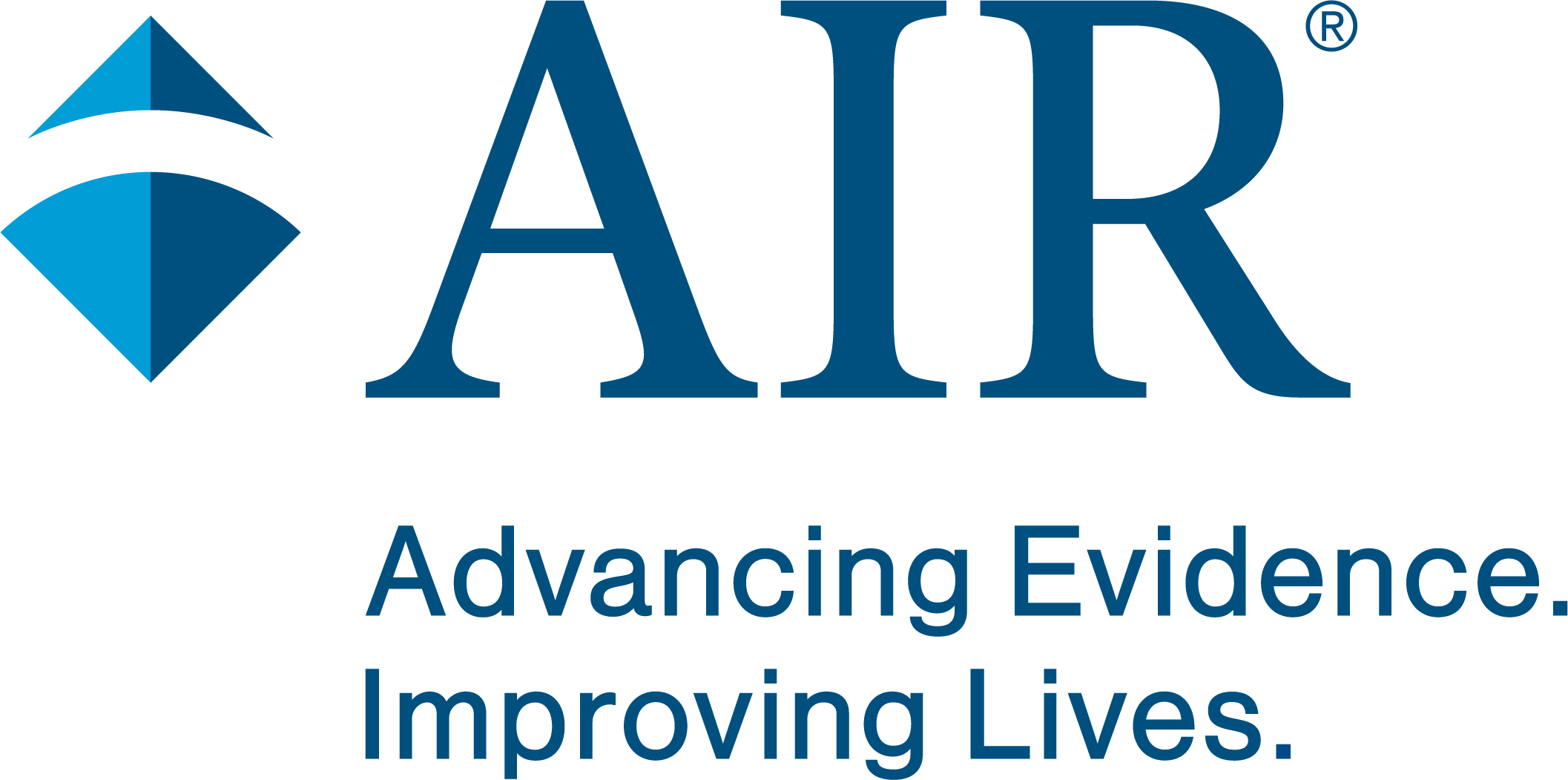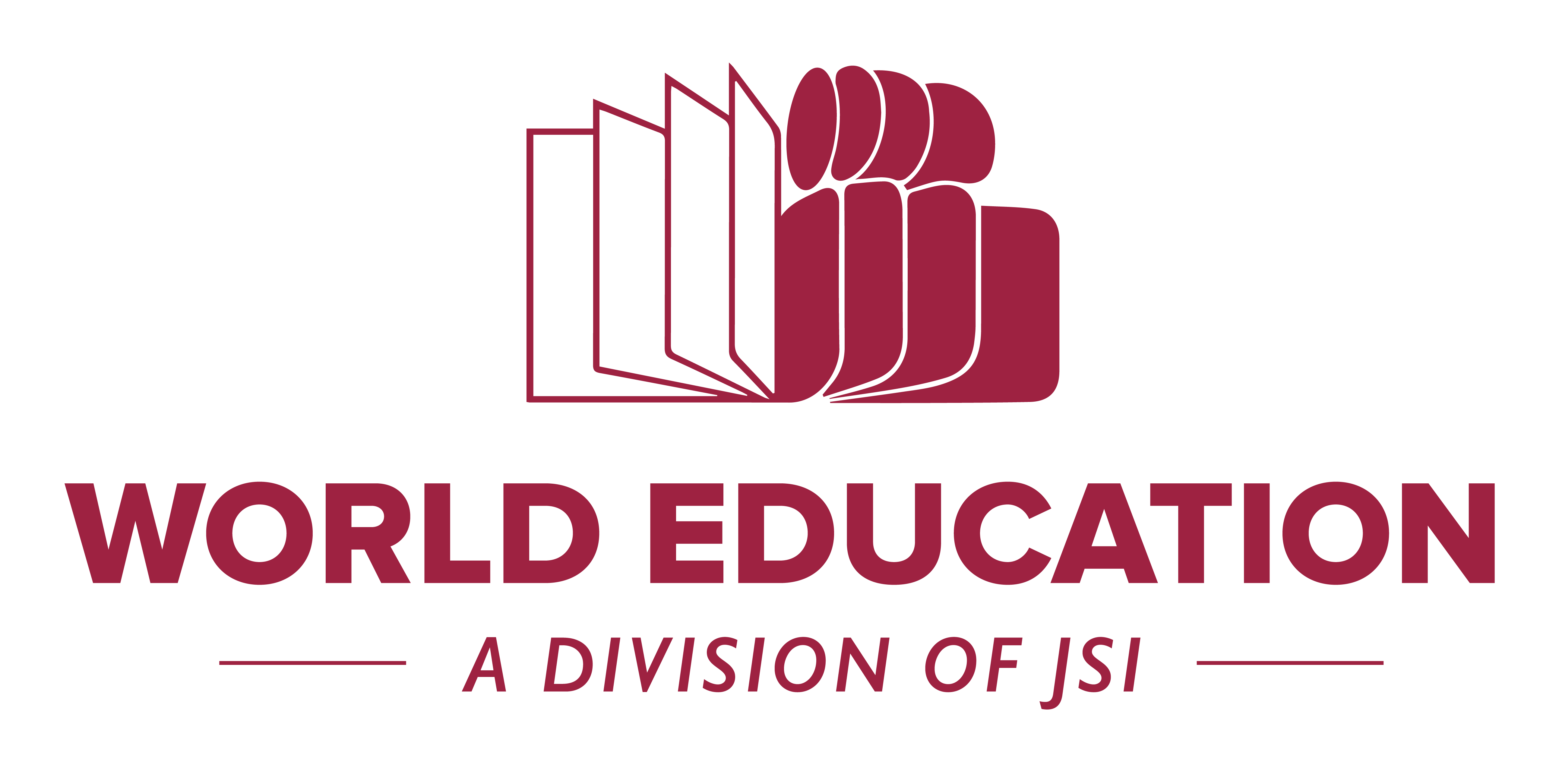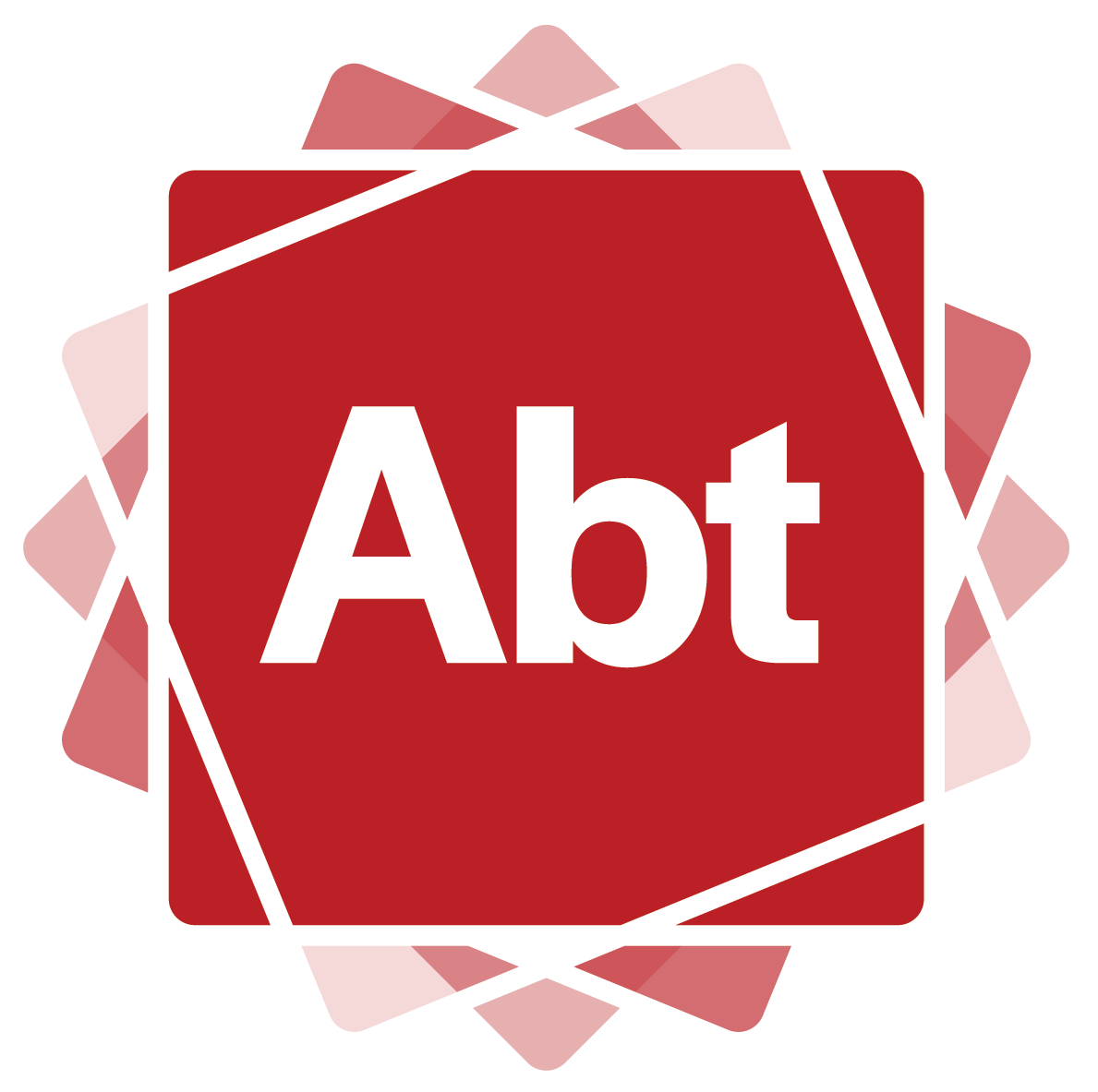Resource
Utility value of improving writing skills for adult basic education students
Posted on
Description
Motivational research identifies utility value, or the importance of a learning task to future goals, as central to motivation to learn. This study analyzed survey data (N = 86) collected from adult literacy learners to examine their utility value of writing improvement in grammar and spelling skills, word processing skills, and planning, drafting, and revising skills. Findings revealed that participants had a high utility value of improving writing in all three skill areas and possessed a variety of underlying motivations, including obtaining further education, seeking future employment, and personal reasons. Participants' age, educational attainment, and reading levels showed relationships with utility value of improving grammar and spelling skills, and age showed an additional relationship to utility value of improving word processing skills. This work extends research on motivation in this population and supports the application of expectancy-value theory to both adult motivation and writing motivation. A free video is available on the utility value of improving writing skills for adult basic education students on this page. A subscription or one-time payment is required access this full publication from the Writing in Adult Secondary Education Classes team.
Resource
E2A Tool Kit: Tips for Developing Great Evidence to Action (E2A) Products
Posted on
Description
This tool kit is designed to help research teams plan for and develop effective evidence-to-action researchproducts. Although useful for a wider audience, the tool kit was written for research contractors who work for the U.S. Department of Labor (DOL) and for DOL staff who review and provide guidance on research contracts. This guide can help research contractors reach and influence practitioner audiences (referred to in the toolkit as users). This toolkit will help DOL contractors and DOL:
brainstorm options for evidence products and services,
devise effective dissemination strategies,
share expectations on what DOL wants from evidence products and services,
build contractor and staff capacity to deliver products and services that lend themselves to E2A, and
conduct quality assurance reviews to assess whether they are E2A-ready.
Event
2024 AEE International Conference
You’re invited to join the Association for Experiential Education at ‘ELEVATE’, the 52nd Annual International Experiential Education Conference taking place this November 14-16 in Estes Park, Colo
Event
AAACE 2024 Annual Conference
Creating New Trajectories for Adult Education - The word trajectory has several meanings. In general terms, a trajectory is the path of an object through space, or through the path of life a person chooses. In geometry a trajectory is a curve or surface that cuts through all other curves or surfaces of a given system at a constant angle.
Event
2024 AERA Annual Meeting
The theme of the 2024 American Education Research Association's annual meeting will be: "Dismantling Racial Injustice and Constructing Educational Possibilities: A Call to Action".
Resource
Promising Practices and Lessons Learned from Early Implementation of the TSTM Framework
Posted on
Description
This brief highlights key findings from the first component of The Teaching Skills That Matter (TSTM)-SkillBlox Instructional Support Pilot—an implementation study of the TSTM framework. Findings from this study—including promising practices and lessons learned in supporting TSTM-aligned instruction—are intended to shape TSTM-SkillBlox development but may also inform efforts in the field to support TSTM implementation.
Resource
Leveraging Data to Ensure Equitable and Effective Adult Skills Programming for Immigrants
Posted on
Description
This issue brief presents a profile of immigrant and U.S.-born adults, based on analysis of data from the U.S. Census Bureau’s American Community Survey. It looks at characteristics such as age, parental status, race and ethnicity, educational attainment, English proficiency, and employment and income. The analysis identifies disparities between immigrant and U.S.-born adults in income, levels of formal education and employment type. It also discusses the implications of key data trends for adult skills programs.
From: The Migration Policy Institute
Event
Infusing an Equity Approach into Career and Technical Education Research
Join the CTE Research Network for a free webinar introducing our new framework for applying an intentional equity approach to research from start to finish.






